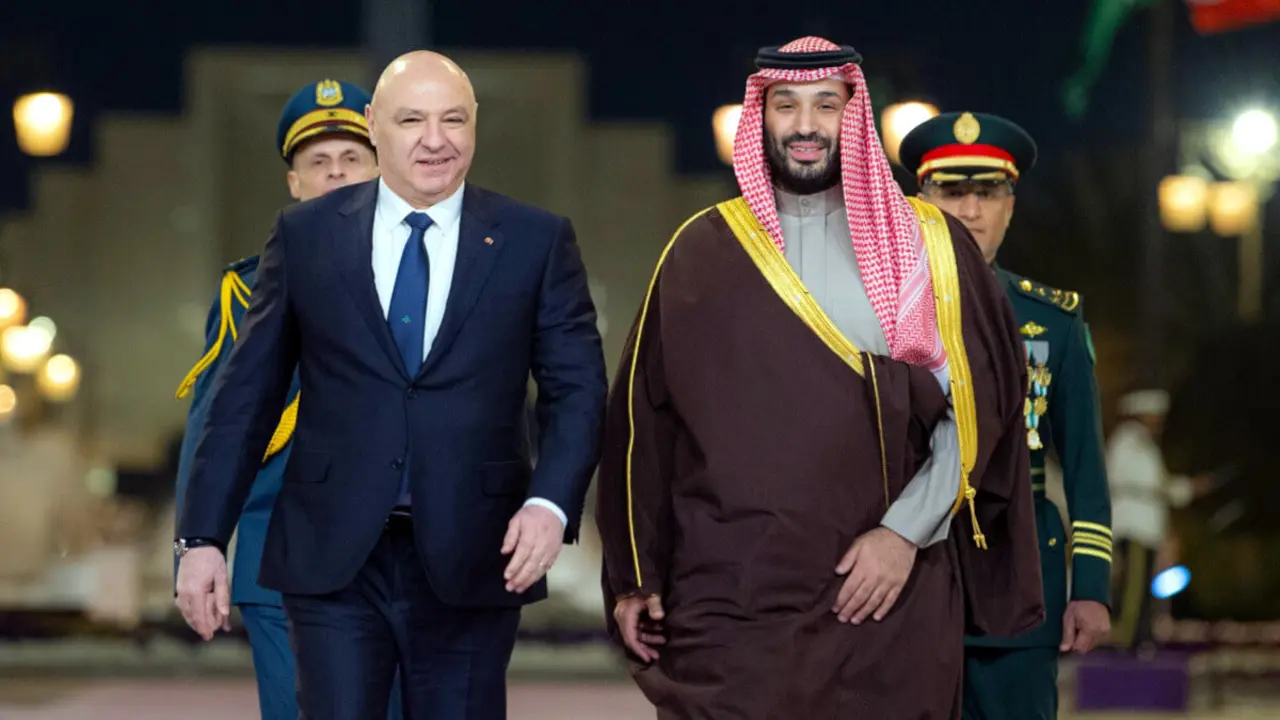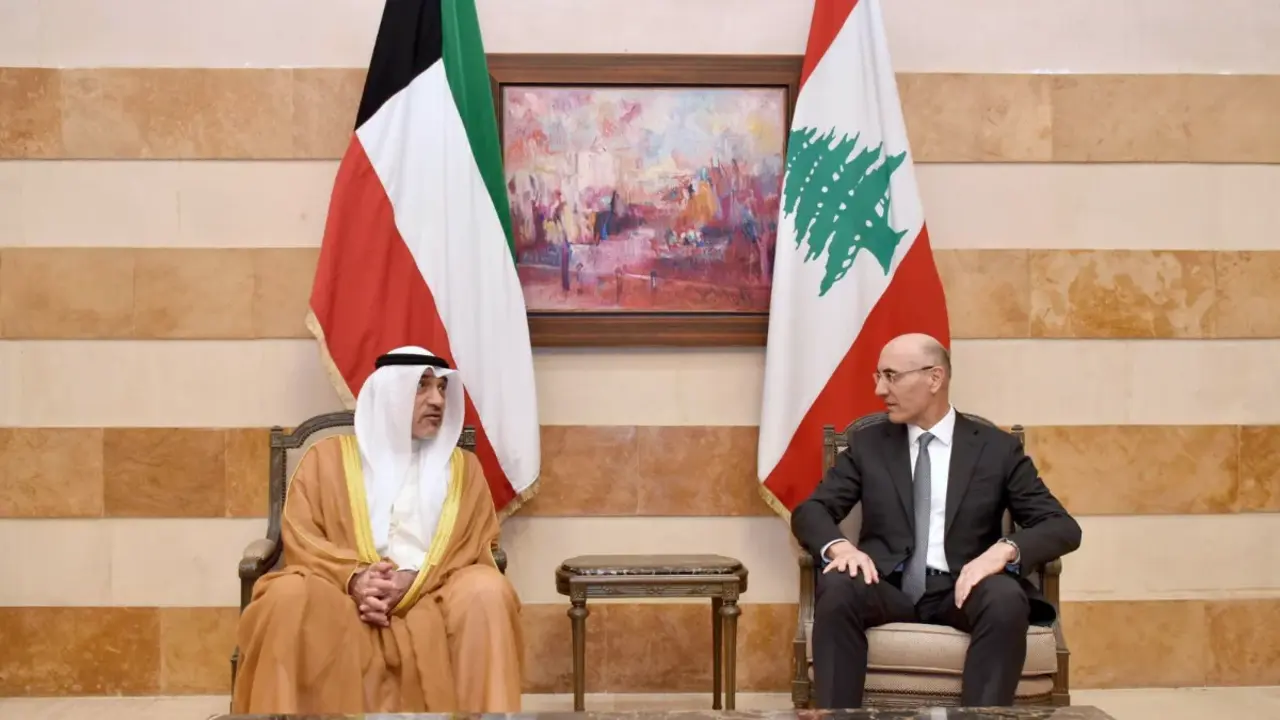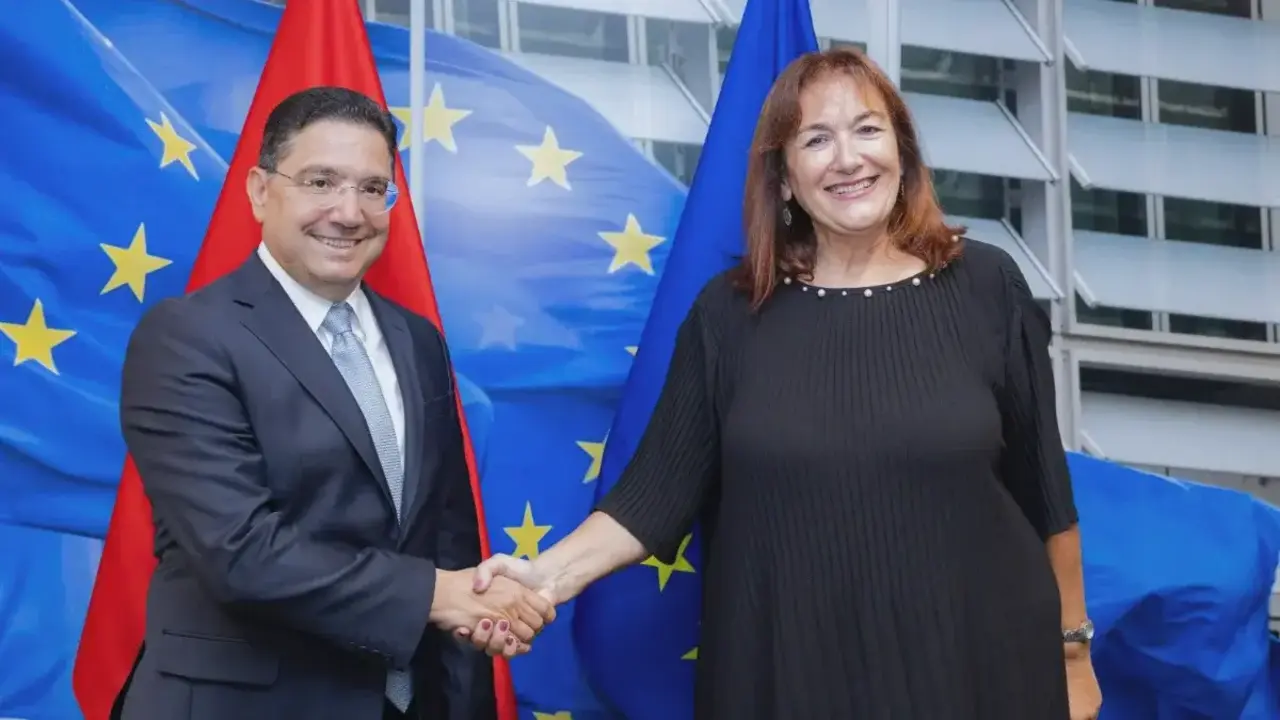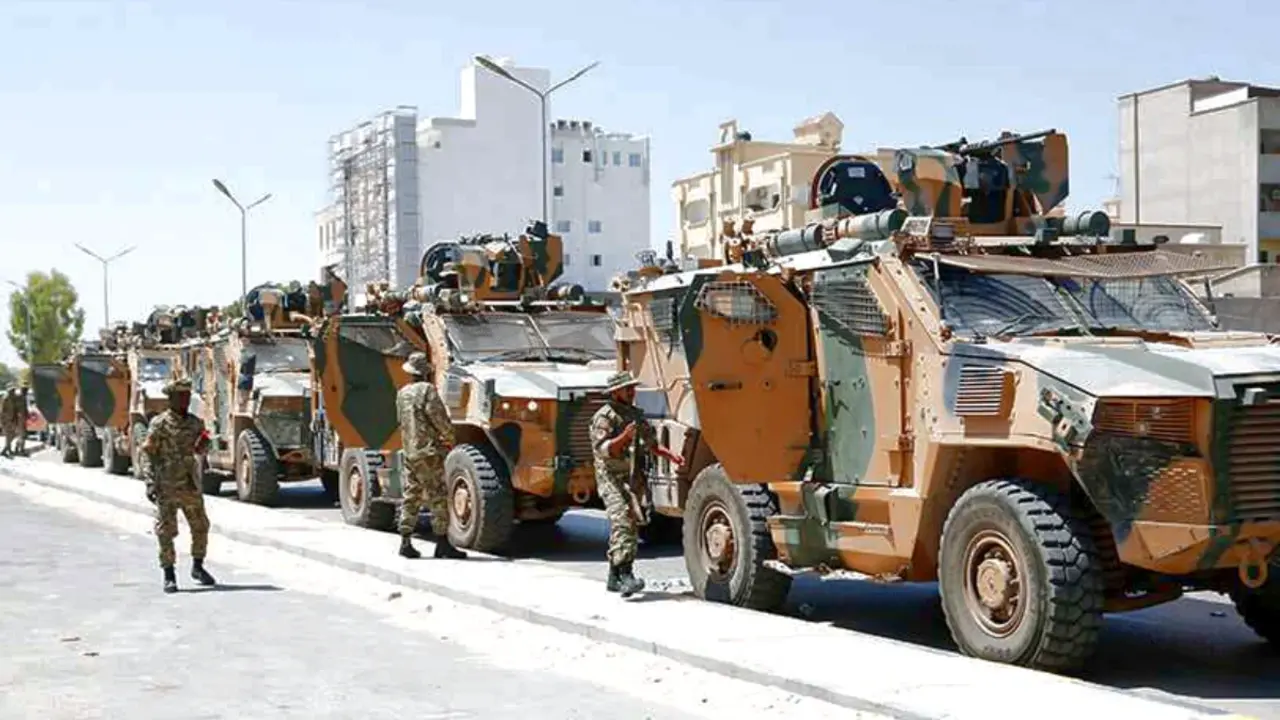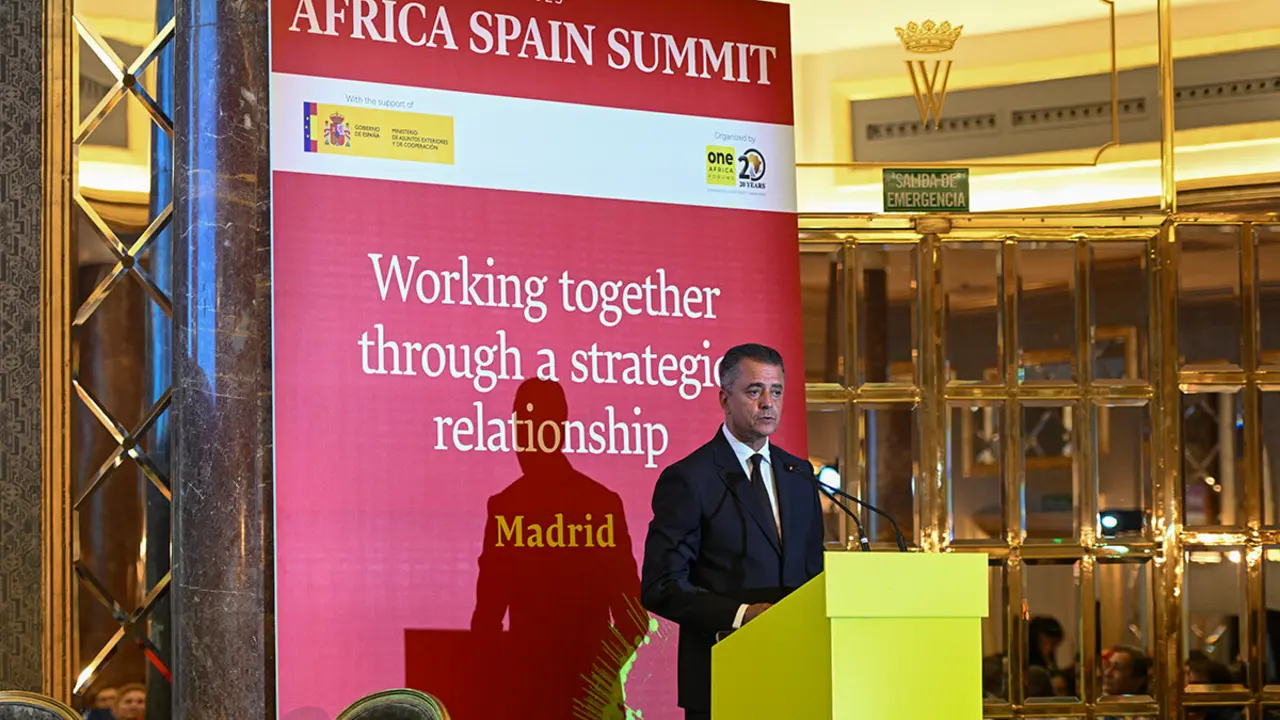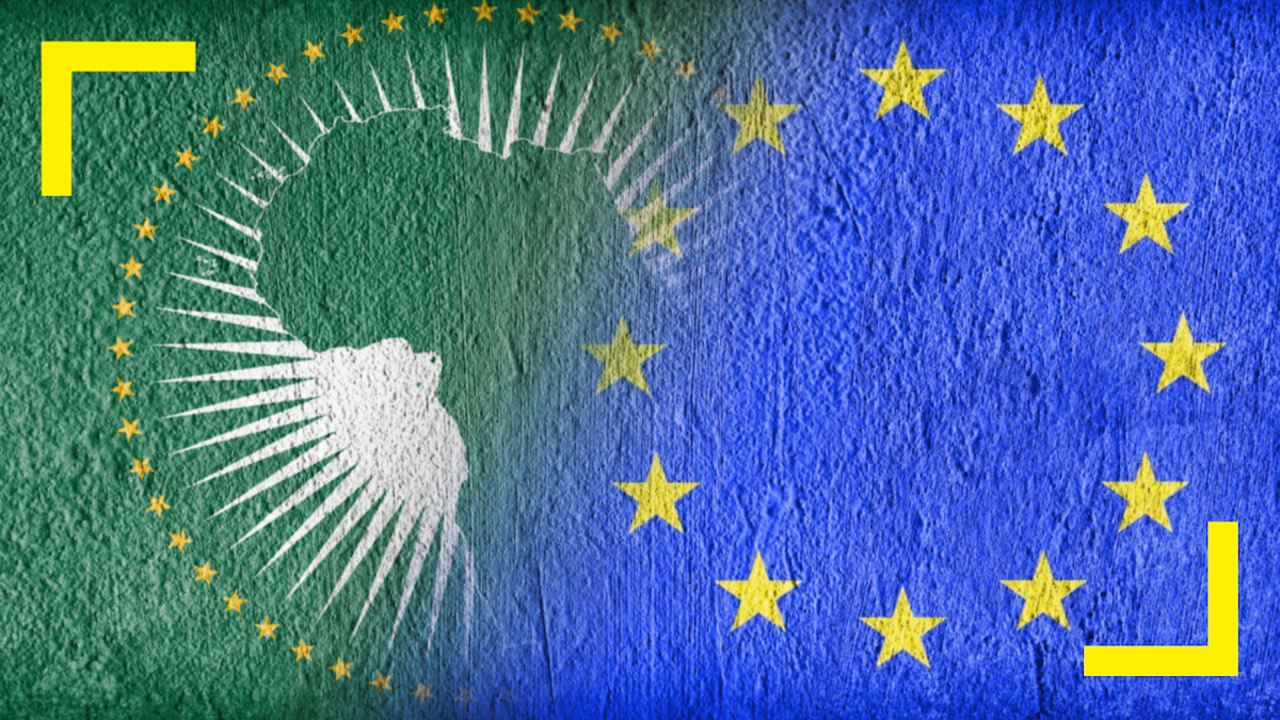Tunisia and Libya call on EU to increase aid to tackle migration crisis
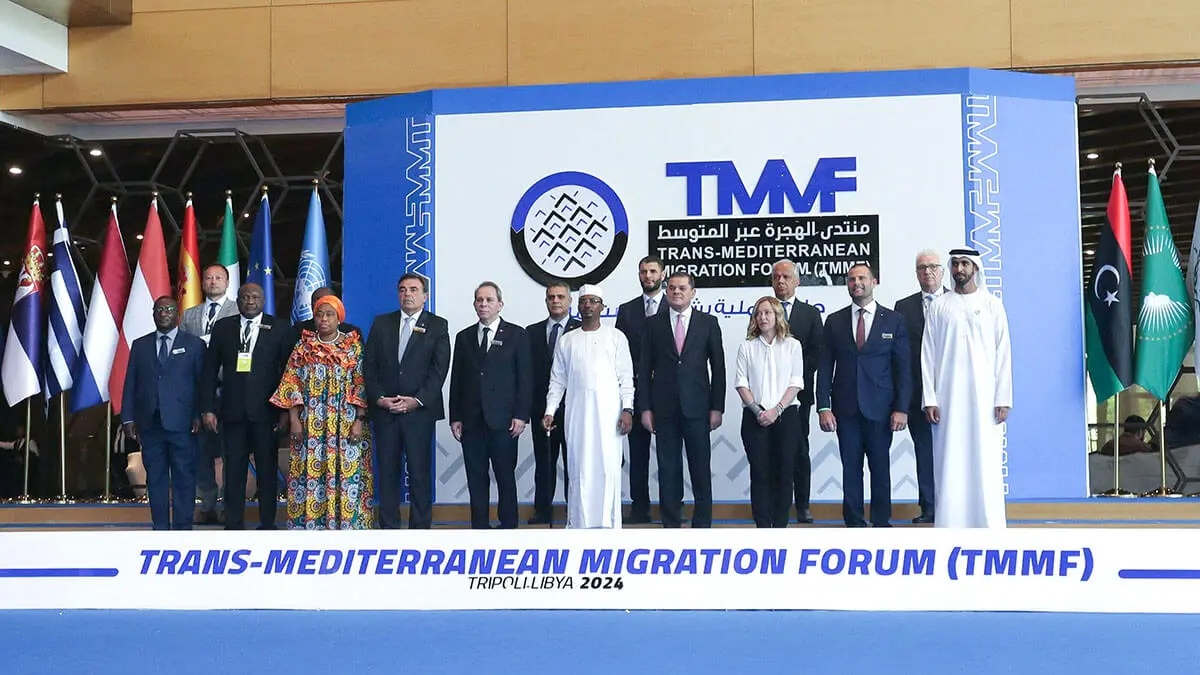
Tunisia has long been facing internal protests and rising additional financial costs due to the arrival of migrants from other countries seeking to travel across the sea to Europe to find a better life.
Before risking their lives by taking to the sea in rickety boats in the hope of a more prosperous future on the Old Continent, thousands of them - mostly from Africa and the Middle East - are concentrated in cities in southern Tunisia, such as Amra and Jbeniana.
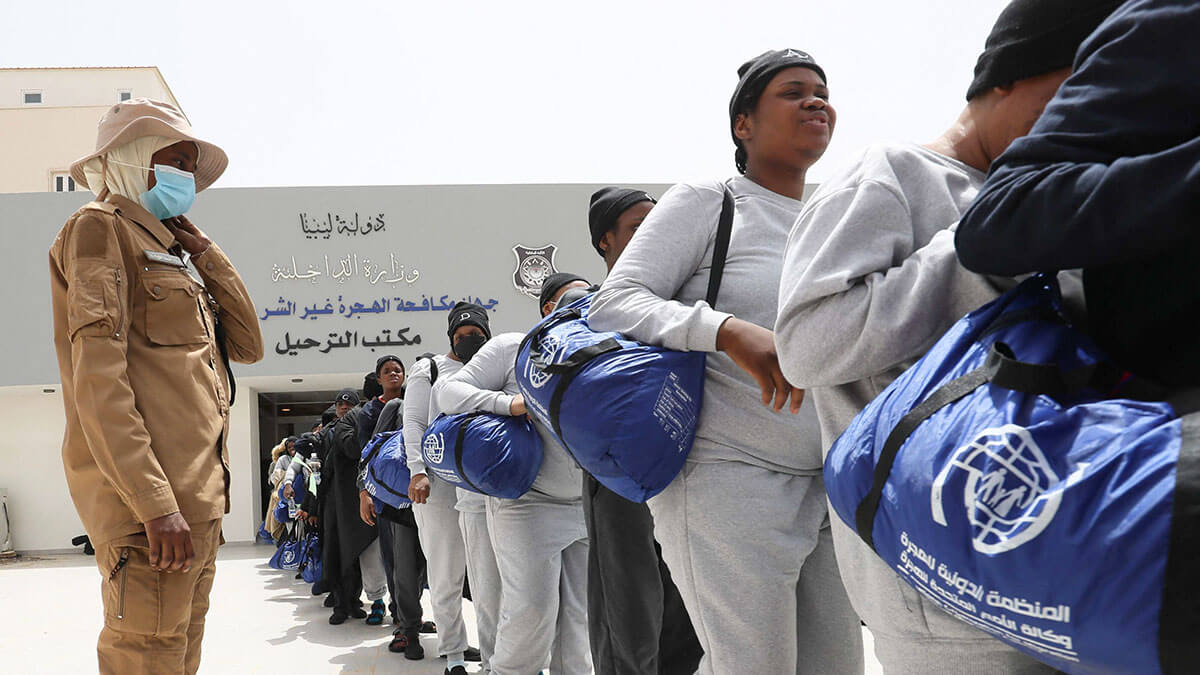
In the midst of this situation, Tunisian Prime Minister Ahmed Hachani has called on the European Union to step up aid to deal with the migration crisis that is pushing his country to the brink.
According to Hachani, it is "necessary" to provide more assistance to countries like Tunisia to face this challenge, as reported by Reuters. At a conference on migration in Tripoli, the Tunisian prime minister said that the aid provided so far is "insufficient" to solve this problem, indicating that Tunisia is a "victim" country that was exhausting its public finances to deal with the migration crisis, something that places an additional burden on a government that has to face other problems.
"There are cities that have absorbed migrants beyond their capacity," he said, referring to Amra and Jbeniana.
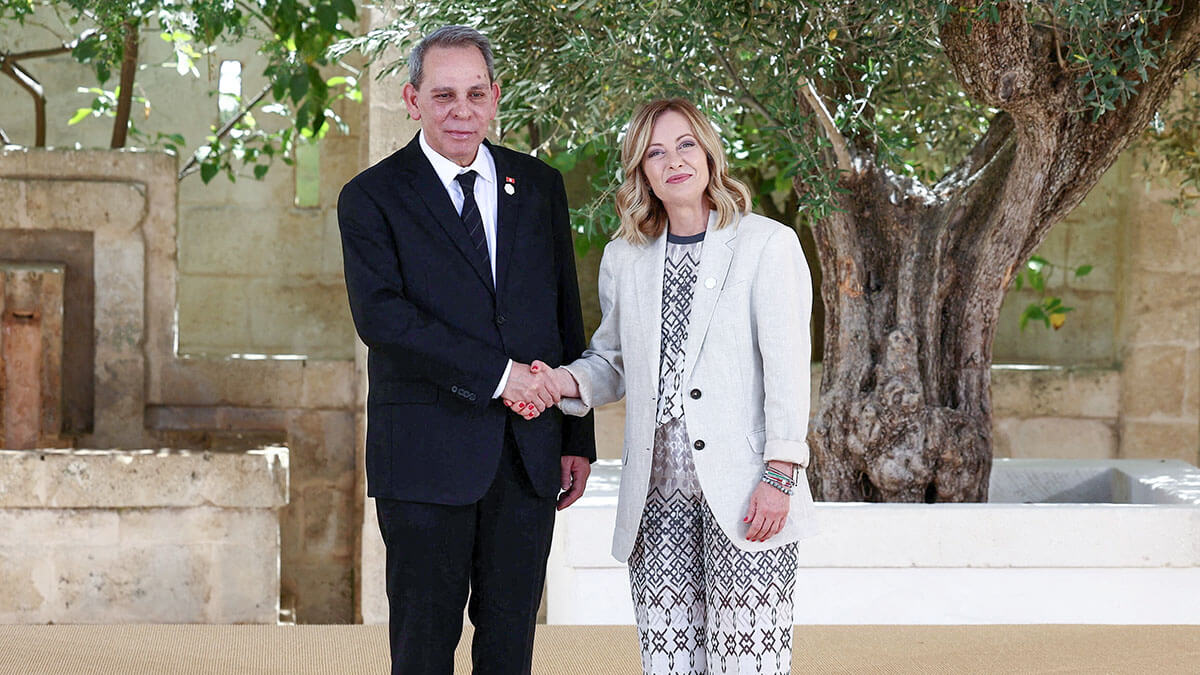
Analyst Hamza Meddeb of the think tank Carnegie Endowment for International Peace believes that Tunisia and the EU should ideally cooperate "to devise mutually beneficial solutions that balance short- and long-term policy strategies to effectively manage migration flows".

In this regard, given that migration is closely linked to issues of security, international relations, national identity and economics, a comprehensive approach would be best. "A fragmented approach that fails to recognise the deep-seated structural drivers of human migration is inadequate to resolve the crisis," he adds.
For his part, Libyan Prime Minister Abdul Hamid Dbeibeh said during the conference in Tripoli that for 10 to 50 years, funds were allocated to tackle the problem, but "it has not been solved". Dbeibeh stressed that this money should be invested in the countries of origin, and "not in detention camps, whether in Libya or in Europe".
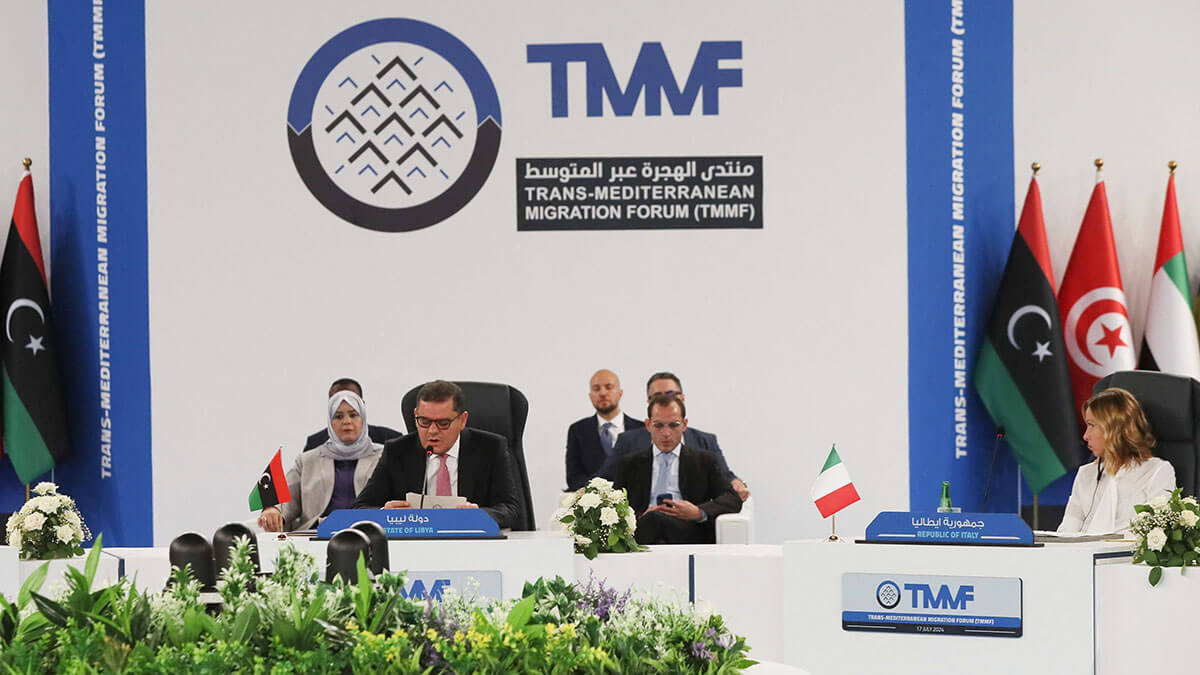
The Italian Prime Minister, Giorgia Meloni, also travelled to the Libyan capital to take part in this conference, as her country is one of the main countries affected by migration in Europe. In this respect, Meloni agreed with her Libyan counterpart, stressing that the situation cannot be resolved "without tackling the problem in the countries of origin".
The Italian leader stressed that for her government the Mediterranean is a "priority", adding that "there can be no Mediterranean without Italy and Libya together". Likewise, as reported by Rai, Meloni's speech placed special emphasis on the fight against human trafficking and criminal organisations.
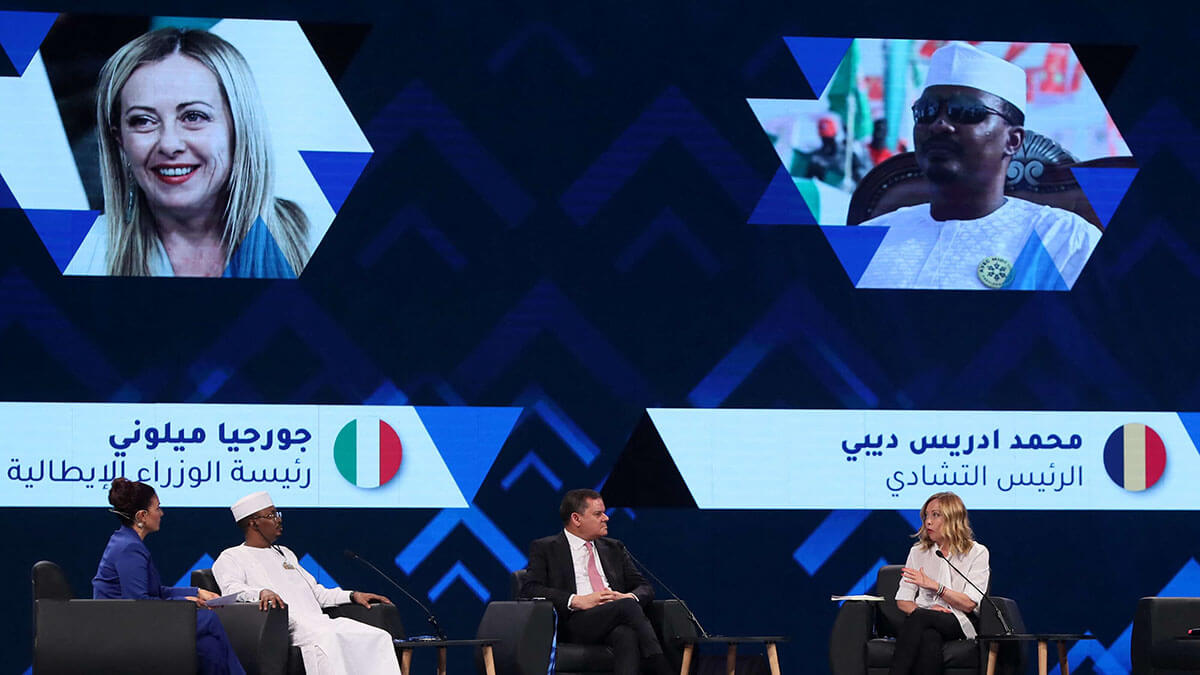
"Criminal groups want to decide who has the right to enter our country and who does not", said Meloni, who recalled that his government has been launching "flussi decrees" for three years now, extending quotas. The flussi decree is a law promoted by the Italian executive that establishes how many non-European citizens can enter the country to work.



